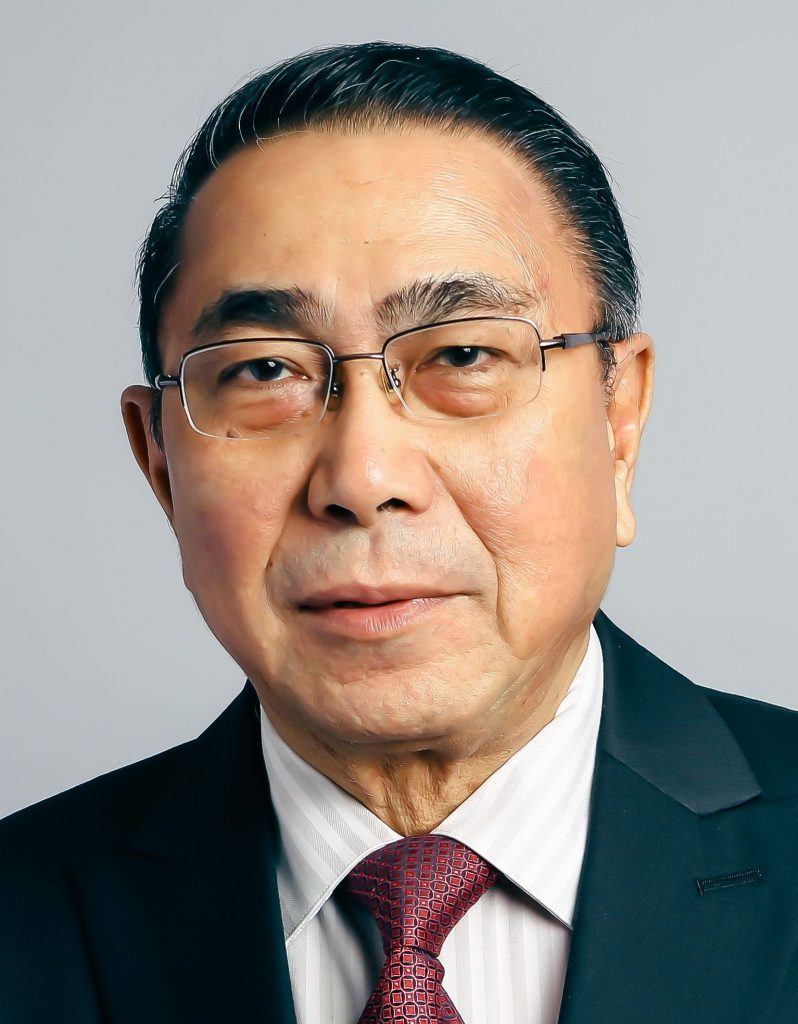
News about oil palm often graces the front pages of the media endlessly. Various aspects are explored, starting from inaccurate production data, land grabbing, deforestation, and so on.
Regarding international trade, the issue that has attracted attention is the conflict with the European Union. The climax of the conflict occurred when Renewable Energy Directive (RED) II was passed on March 13, 2019. This regulation will have a negative impact on Indonesia’s palm oil exports to Europe, because palm oil is classified as a product that does not meet the principles of sustainability. Starting from 2030, palm oil cannot be used as biofuel.
The European Union implements policies on biofuels as their commitment to fight climate change as stated in the Paris Agreement on 12 December 2015.
At a glance, the positions of Indonesia and the European Union are difficult to reconcile, because the conflict is at two different levels. Indonesia’s economic interest in oil palm is enormous. On the part of the European Union, the commitments they are carrying out are aimed at long-term mitigation of climate change. In addition, their steps have gone through a complicated legislative process and have been agreed upon by all member countries. The obstacles on both sides have caused the negotiation of the Comprehensive Economic Cooperation Agreement between Indonesia and the European Union to stop until now.
We can think of the European Union as a complex consisting of 28 buildings. The complex was surrounded by thick and high walls. On the other hand, Indonesia is outside the complex. No matter how angry we are, it could be undetected and blocked by a high wall. Even occasional visits or attempts to break in through high-level visits will be less effective. There needs to be a consistent effort to influence policy.
Stakeholder Analysis
The path we need to take is how we can jump over walls. Carrying out planned and systematic lobbying efforts from within. The European Union is a complex construction and is difficult for ordinary people to understand, even in the Europe, so it requires a public affairs consultant based in the European Union and understands the twists and turns of Brussels, the capital of the European Union. Through stakeholder analysis, we map the parties who are the stakeholders and what their attitudes are based on. Thus, it can be seen who is an obstacle to our palm oil commodity or on the other hand can become an ally in fighting for Indonesia’s interests.
In addition, lobbying is an activity that the European Union welcomes as an instrument to obtain input from various parties. All activities are on the Transparency Register, which records the location of the company, a particular organization/non-governmental organization (NGO), meeting with whose officials, and for what purposes. This list is accessible to anyone on the EU website.
There is an assumption that the European Union is a monolithic bloc that aims to block palm oil production. They are considered a competitor to the biofuel developed in the Europe itself, especially in the east, namely a plant called rapeseed. In fact, the world’s largest producer of this commodity is China, not the European Union. So, the extent to which this cause is the main consideration still needs to be reexamined. We will find out through stakeholder analysis and after that advocacy through groups that can be used as allies. This is where the palm oil industry (not individual companies) plays an important role.
In addition to government efforts at the government to government (G2G) level through multilateral diplomacy, including bringing this issue to the World Trade Organization (WTO), the palm oil industry needs to take steps to maintain its market share in this continent with high purchasing power through a public affairs approach. We still have time until 2030 to bring about a change in attitude in the European Union.
Noke Kiroyan
Chairman & Chief Consultant, Kiroyan Partners
This article has been published in PR Indonesia magazine 52nd Edition, issued on July 2019, page 41.
Download the clipping here.



